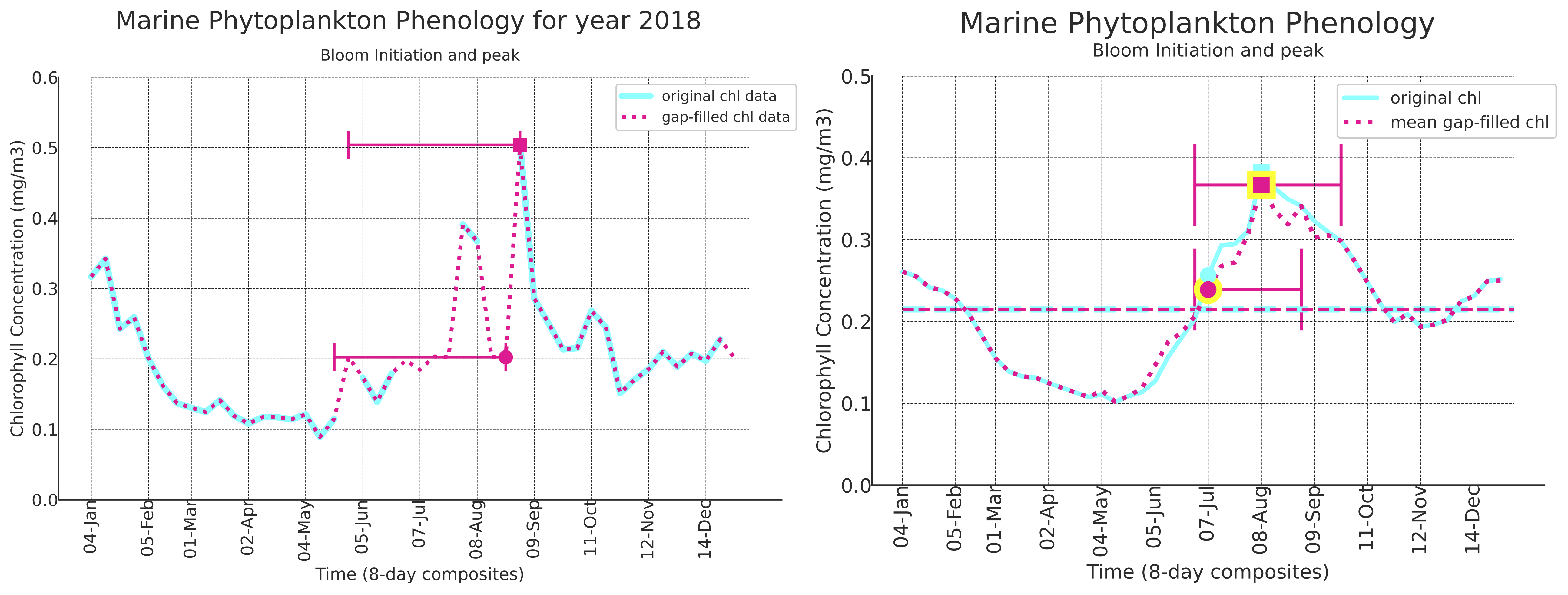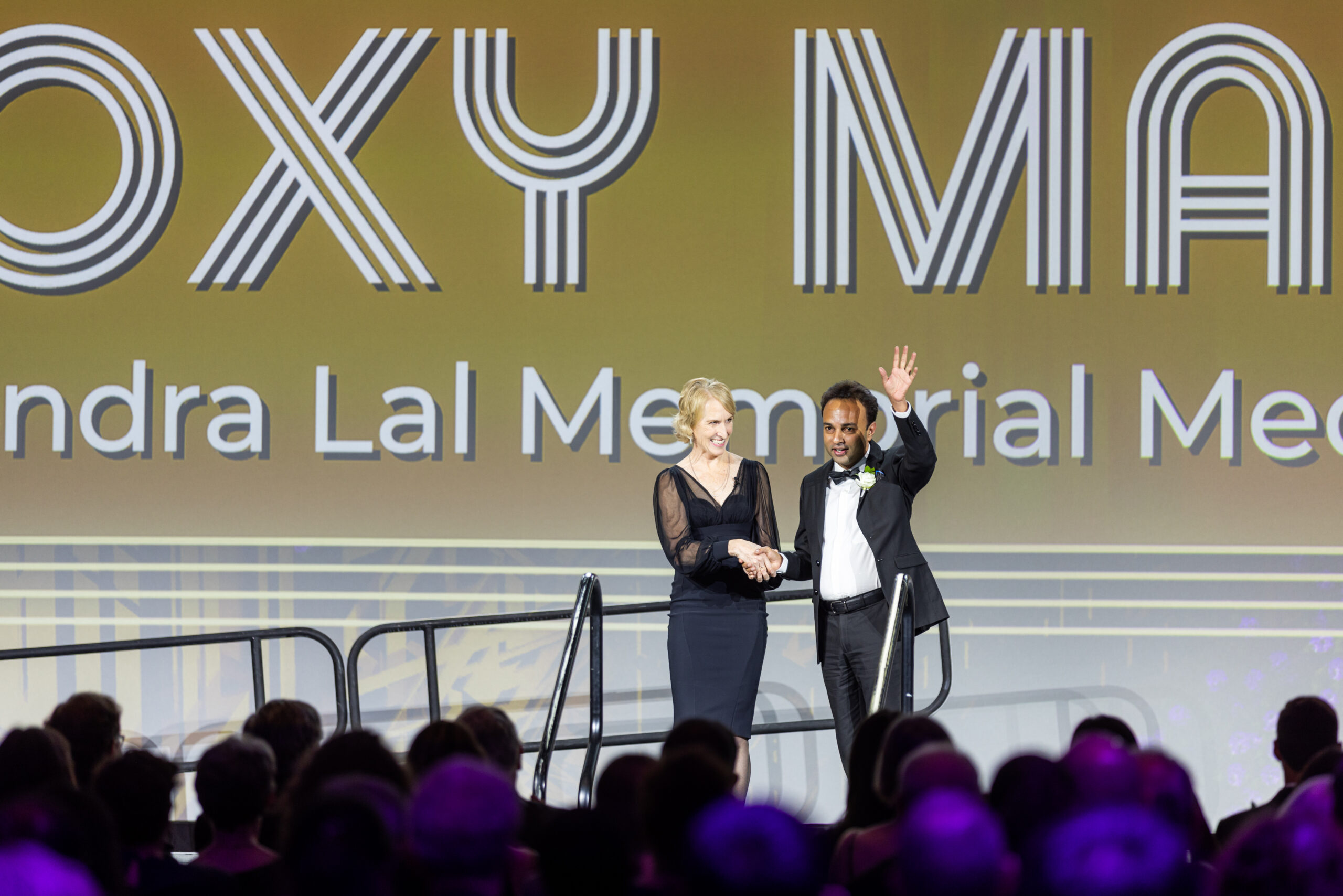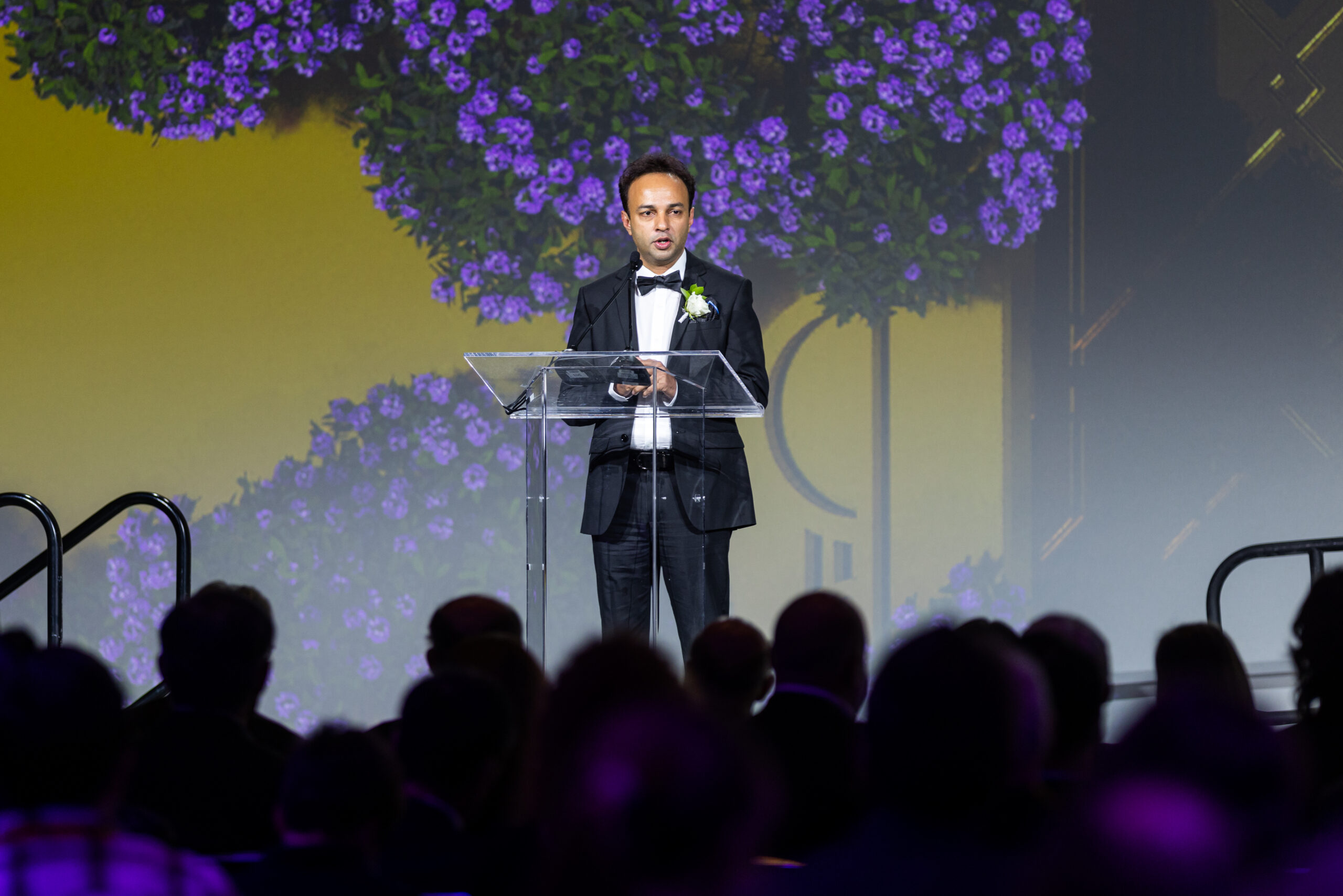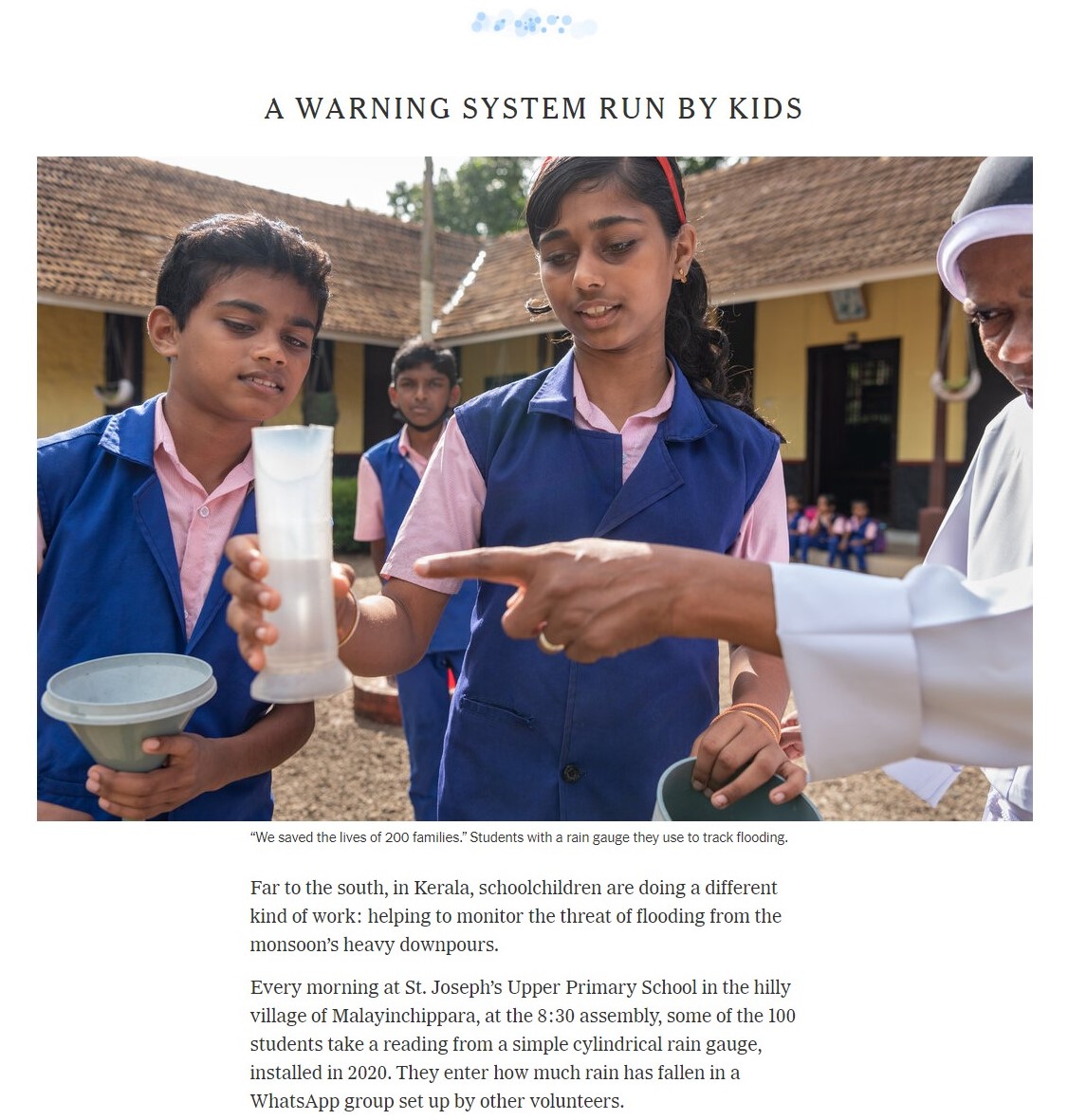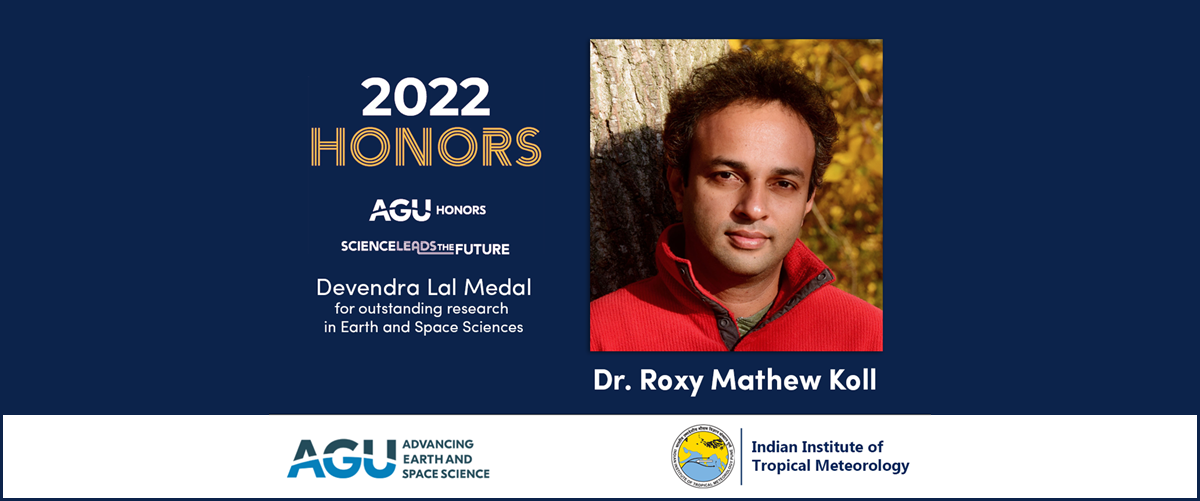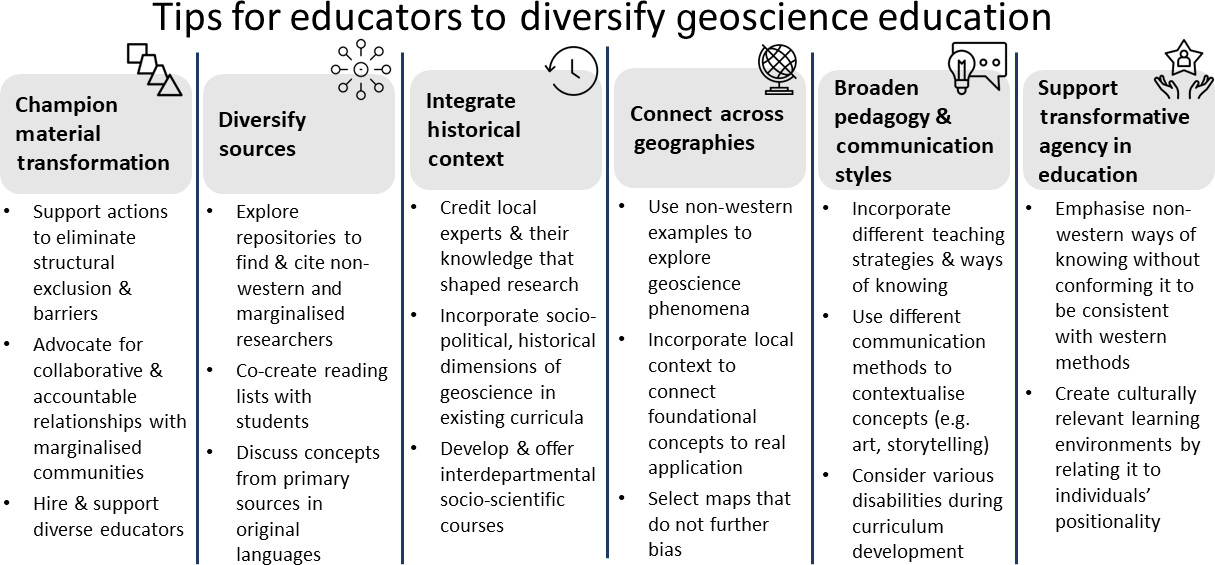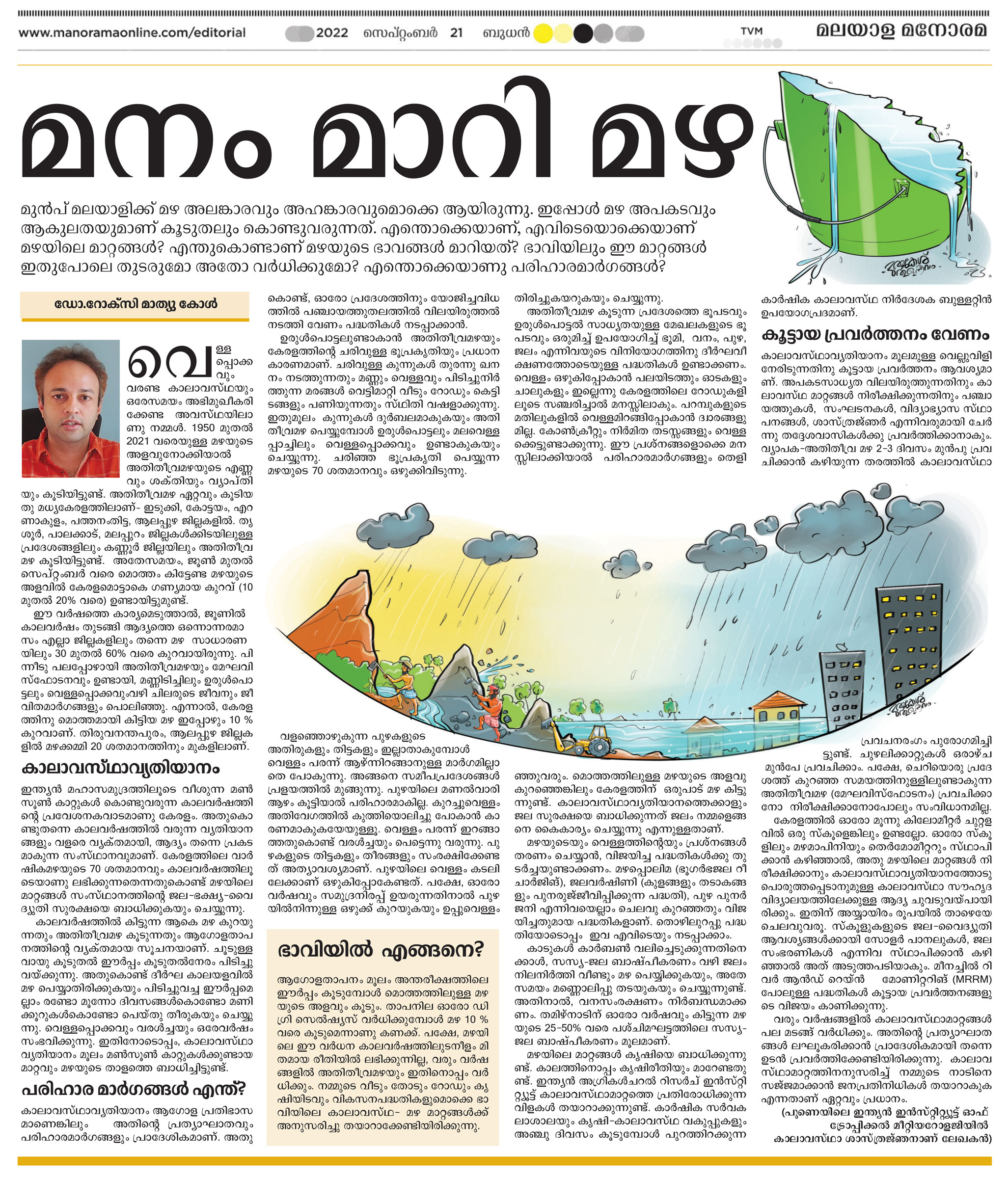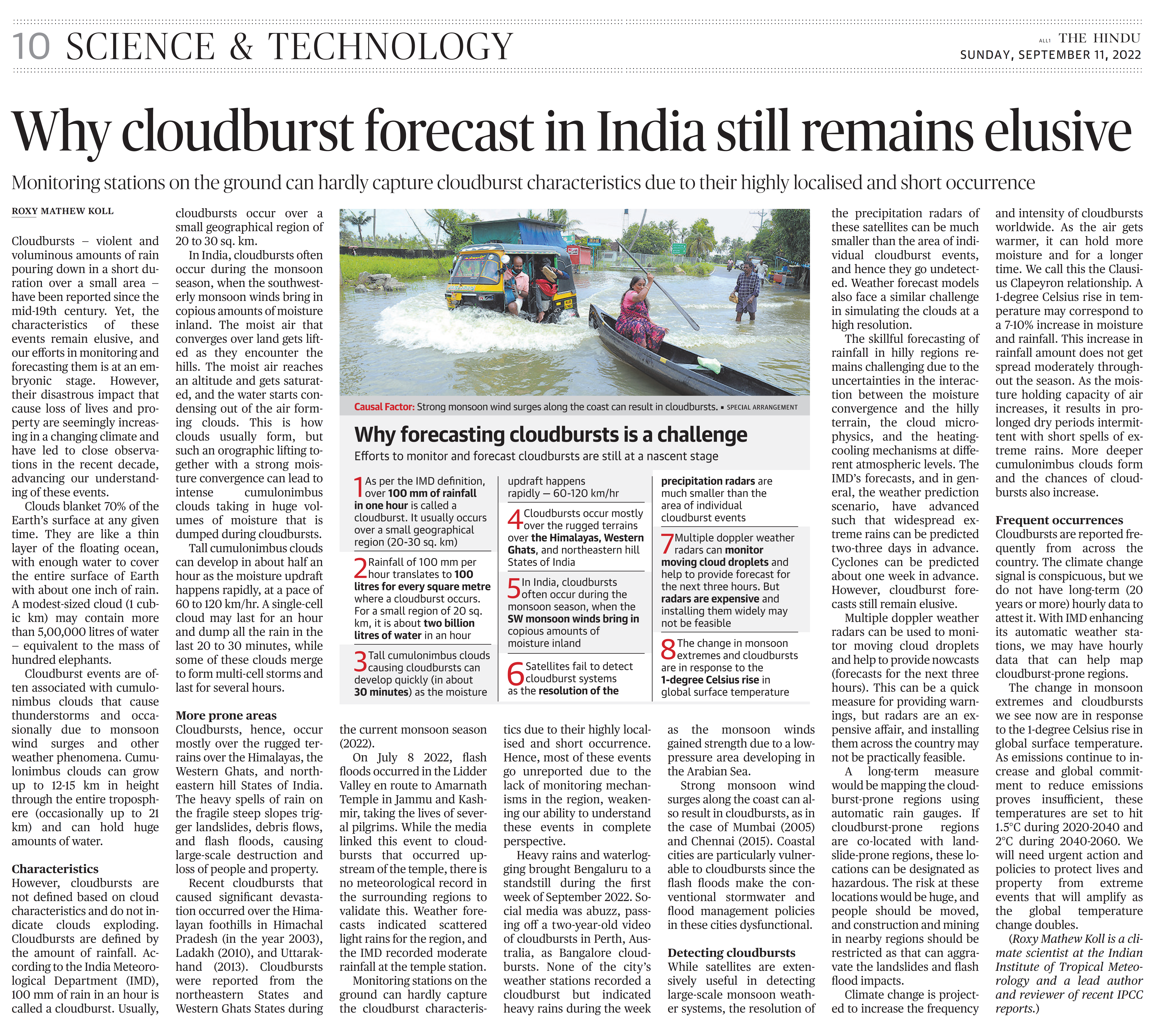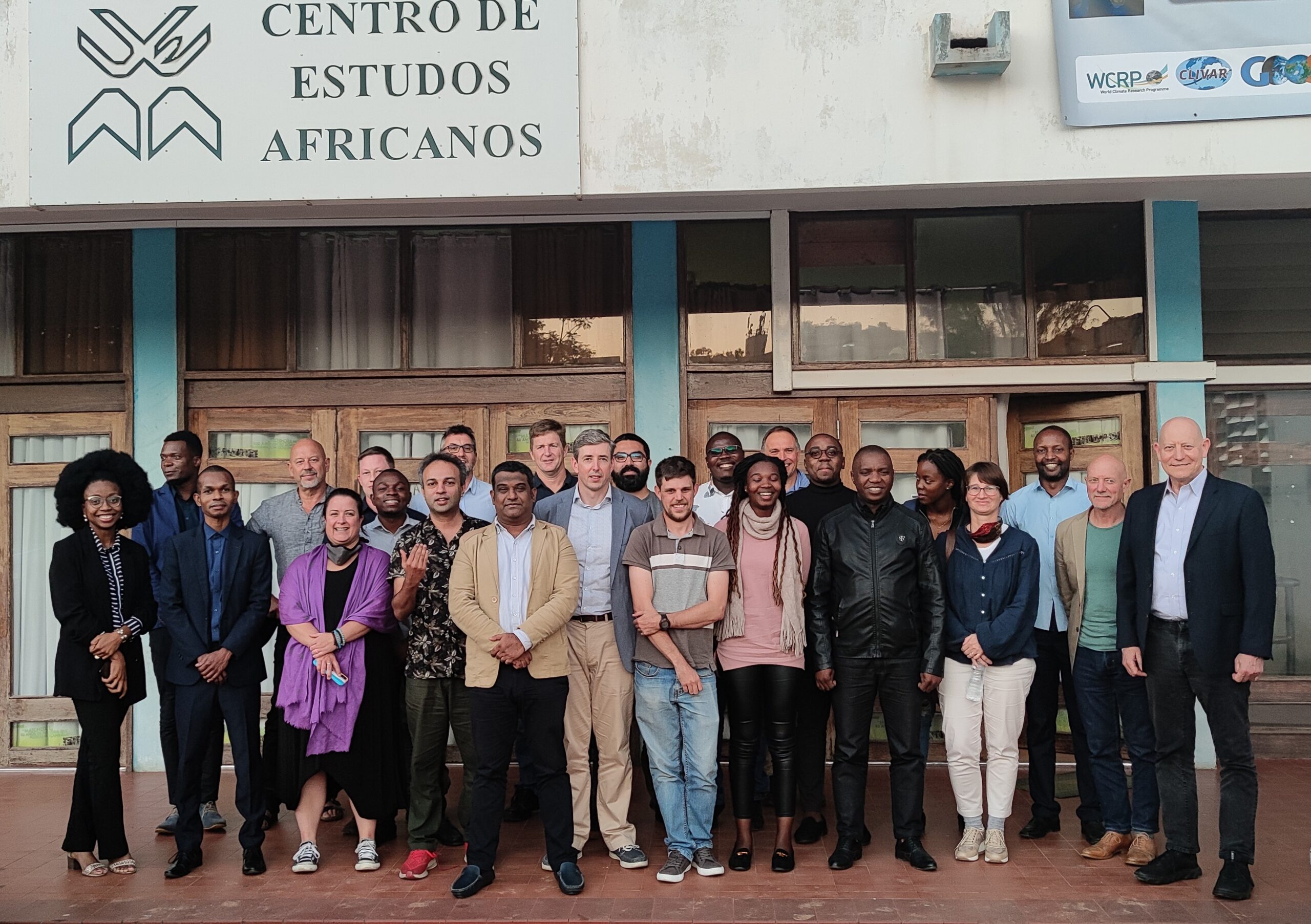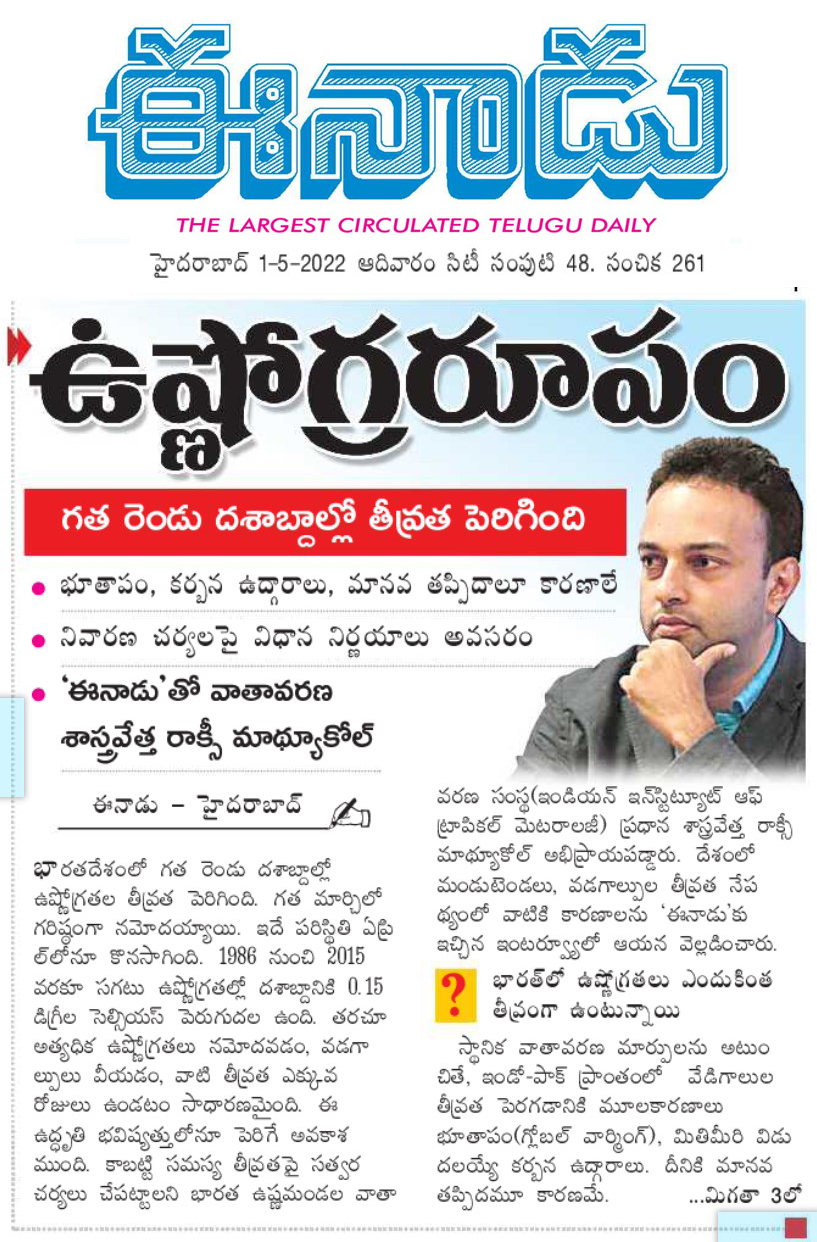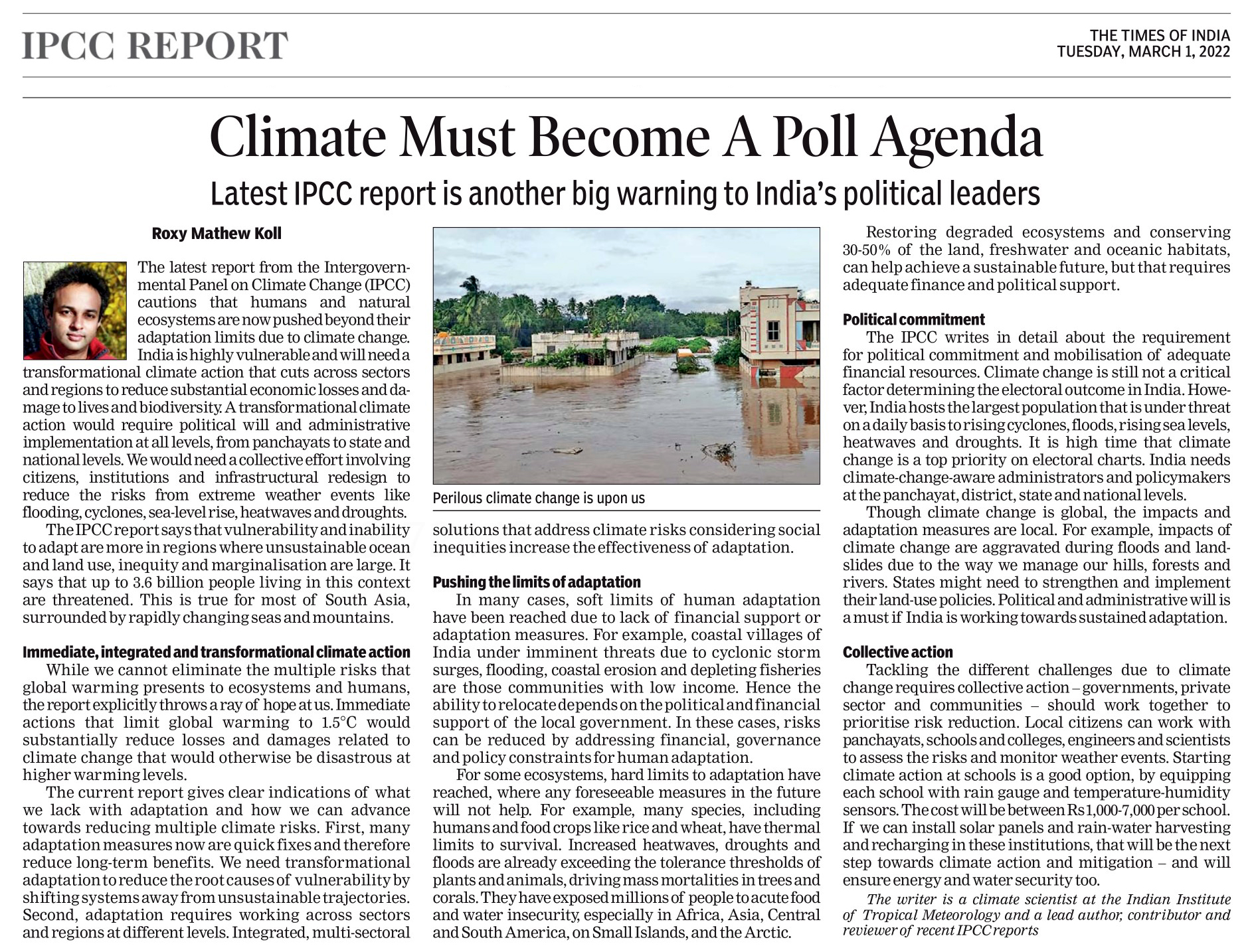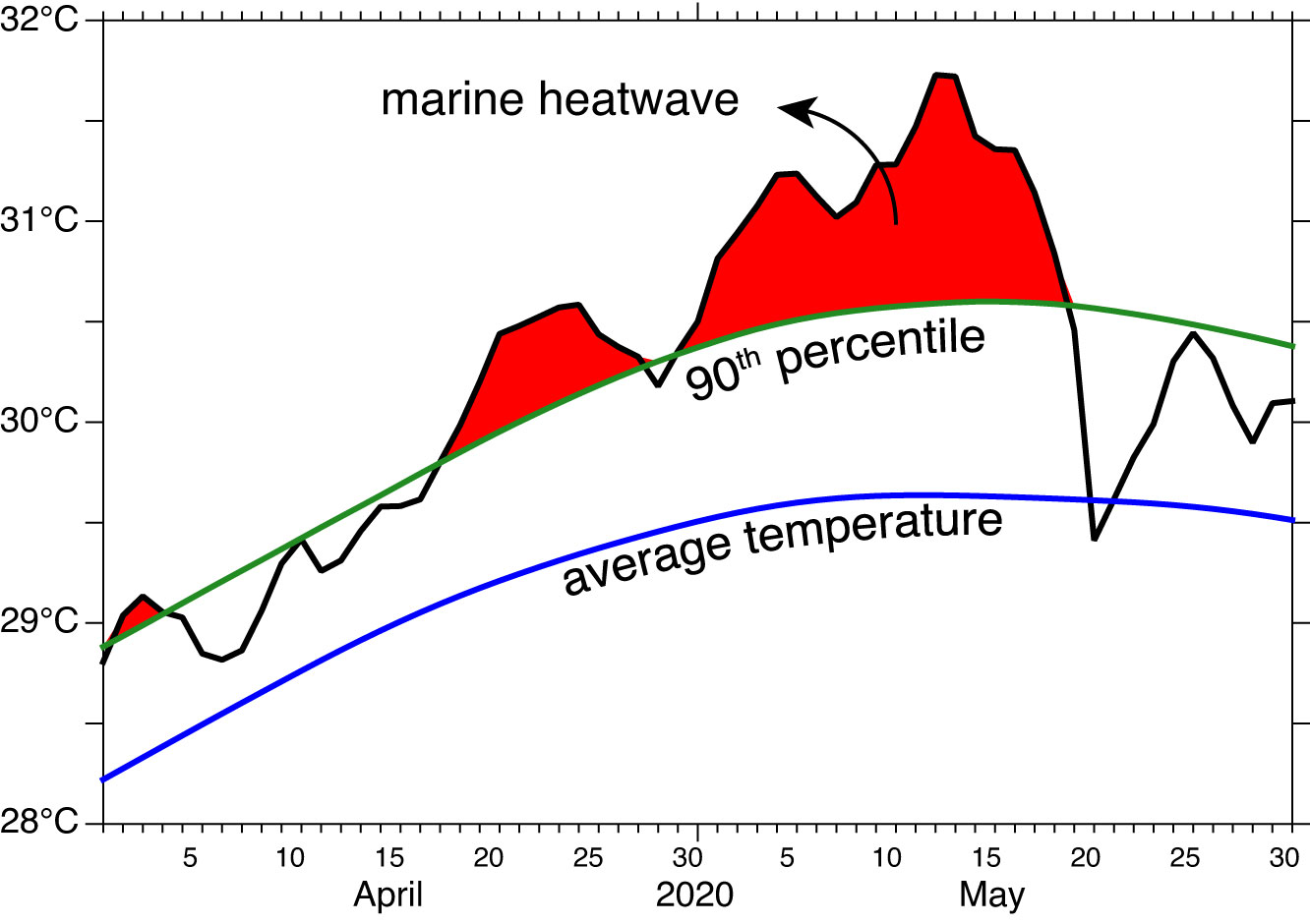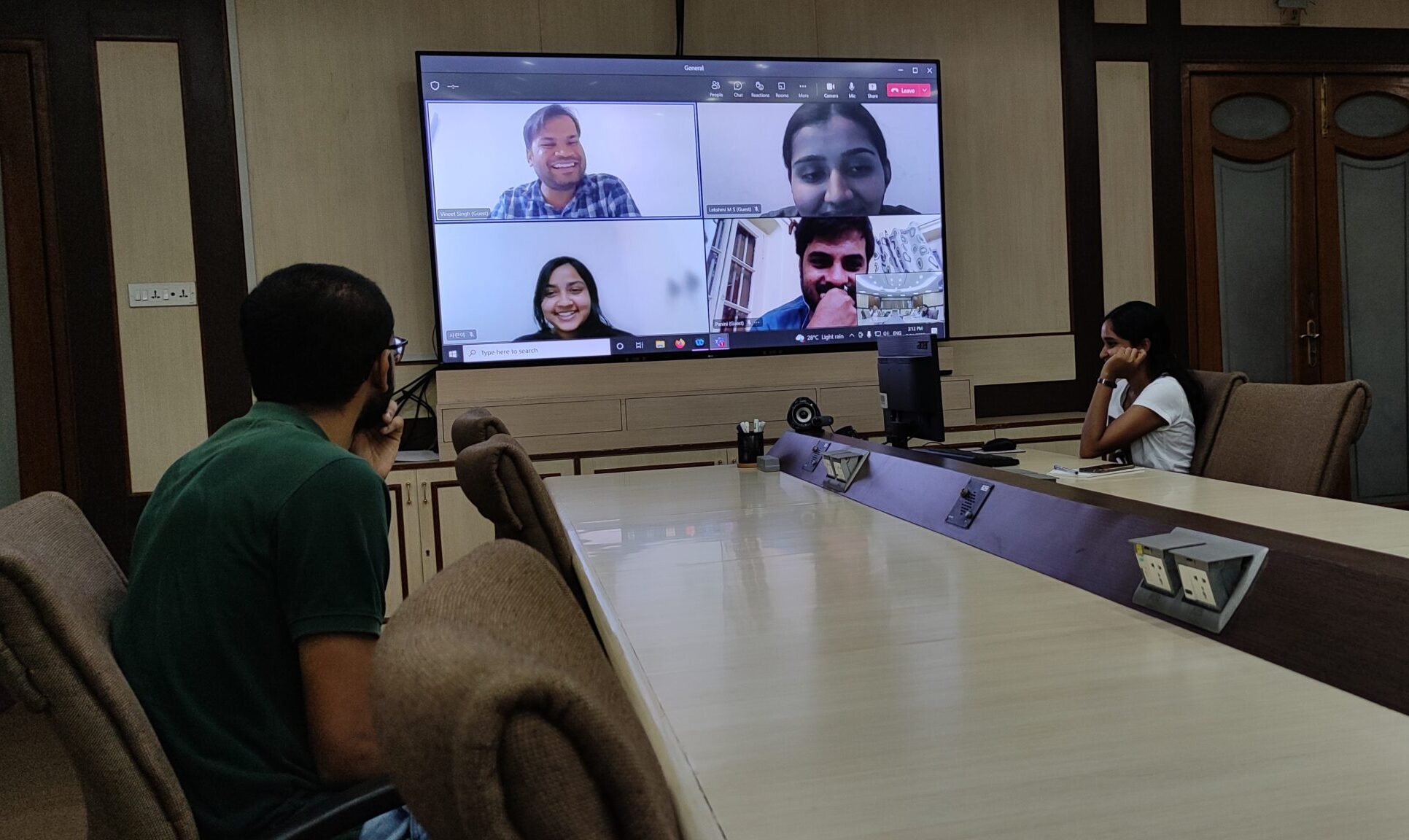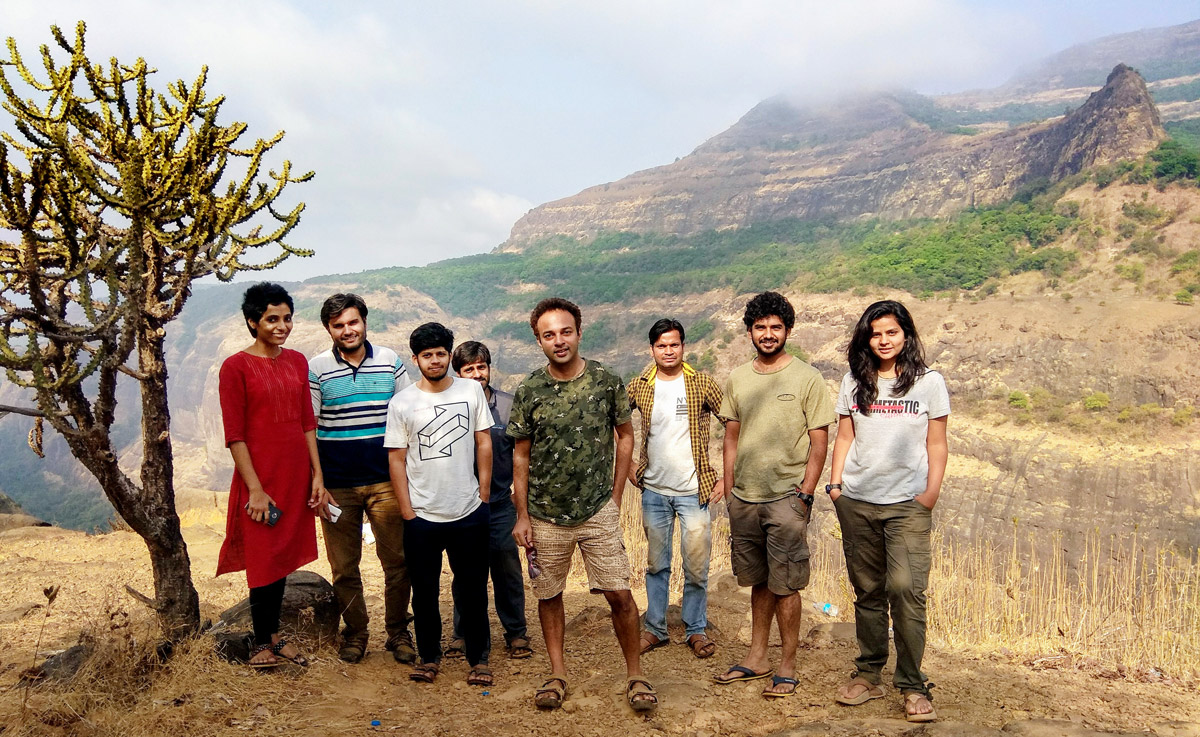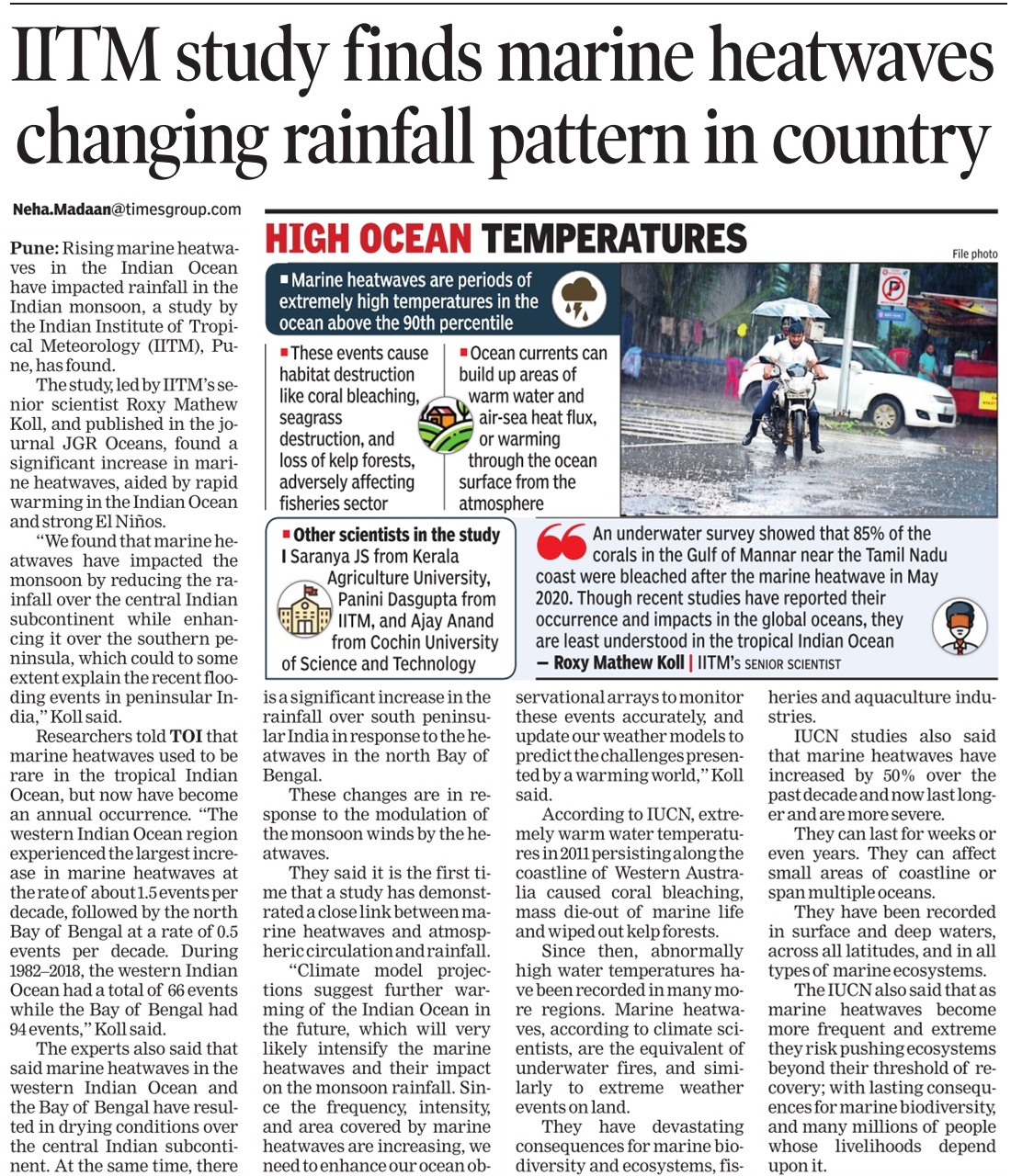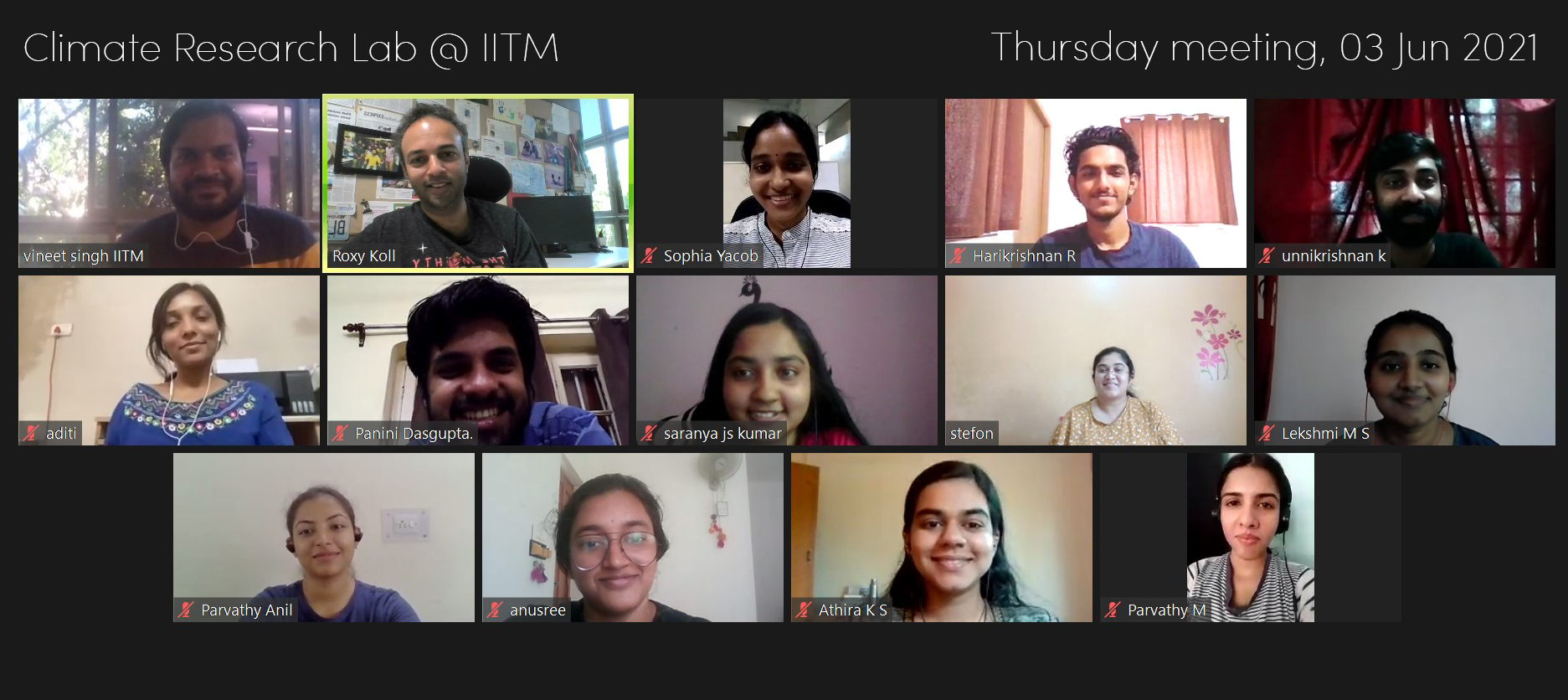| Chlorophyll Data for the tropical Indian Ocean | |||
| The study titled “Gap-filling of ocean color over the tropical Indian Ocean using Monte-Carlo method” by Modi et al. (2022) proposes a novel technique for addressing the problem of missing data in remote-sensed ocean color measurements in the tropical Indian Ocean. The method utilizes a Monte Carlo approach, which involves generating multiple possible values for the missing data based on the probability distribution of the available data. The key contribution of this research is the estimation of uncertainty in the parameters derived from these gap-filled datasets, a unique feature not present in conventional gap-filling methods. This study is an important step in advancing our understanding of ocean ecosystem processes using ocean color data in the tropical Indian Ocean.
Data: Gap-filled ocean surface chlorophyll data for the tropical Indian Ocean for 1998–2019 is available from our lab. The climatological data is available for direct download from Aditi’s GitHub. The gap-filled data for the entire period is available on request. Reference: | |||
| AGU 2022 Honors Ceremony | |||
| Dr. Roxy Mathew Koll received the American Geophysical Union (AGU) 2022 Devendra Lal Medal for outstanding research in Earth and Space Sciences, at the AGU Fall Meeting in Chicago, Dec 2022. He was also conferred as a Fellow of the AGU.
| |||
| Monsoon Research and Climate Equipped Schools @ The New York Times | |||
The New York Times covers our research on the changing monsoon, 4 Oct 2022 [article]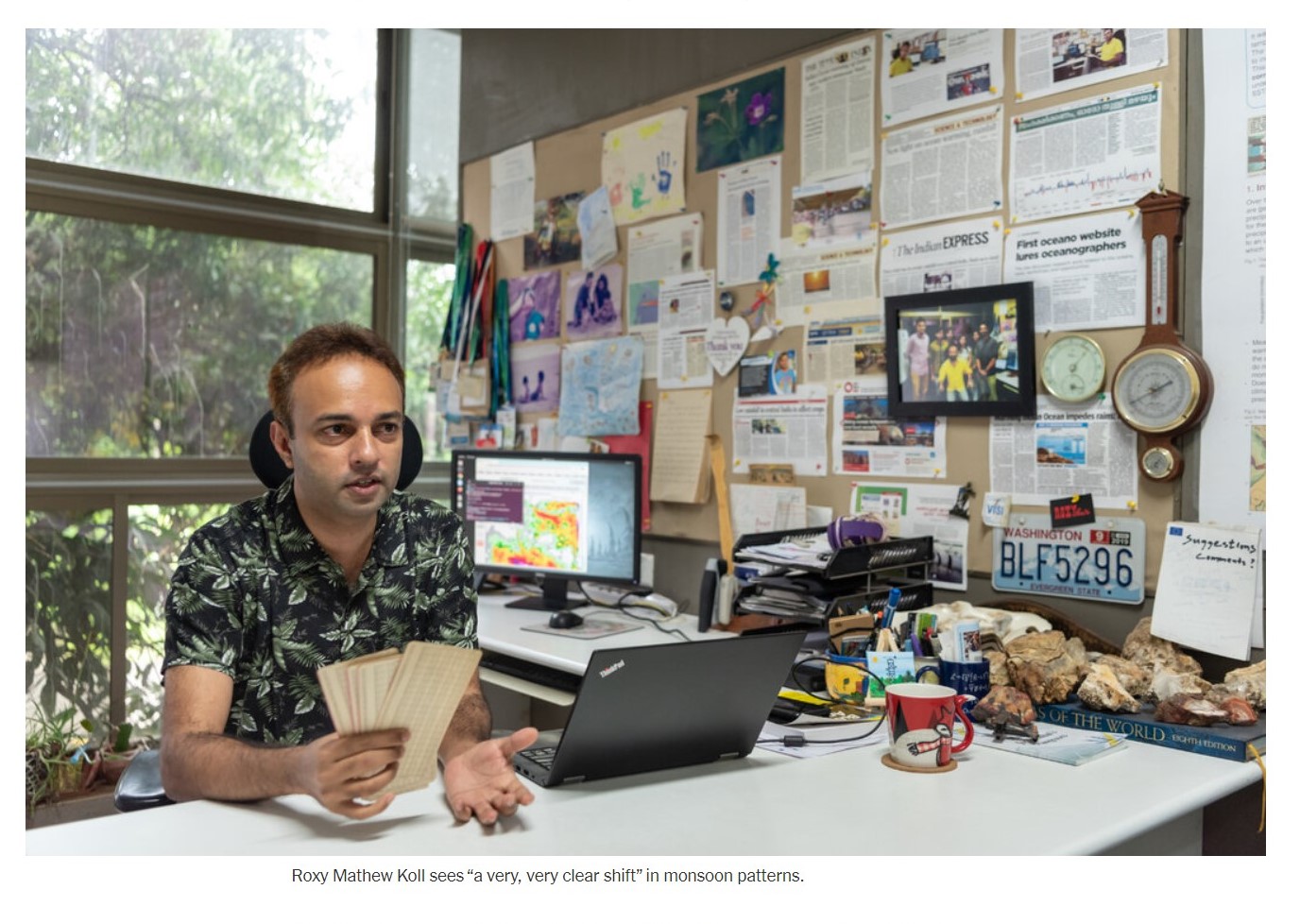 The story also covers our efforts toward building Climate Equipped Schools in Kerala. | |||
| AGU 2022 Honors | |||
| Dr. Roxy Mathew Koll, Scientist at the Indian Institute of Tropical Meteorology, was announced as the recipient of the American Geophysical Union’s (AGU) 2022 Devendra Lal Medal. He was selected for his outstanding research in Earth and Space Sciences. He will also be conferred as a Fellow of the AGU.
| |||
| Diversifying Geosciences | |||
There is still a significant lack of diversity and equity in geoscience education, even after decades of work and widespread calls for improvement and action. Our new paper in Geoscience Communication explores the need and insights for redesigning the colonial framework in geoscience education. Tips and solutions for diversifying geoscience education are provided. Reference: Hall et al. GC Insights: Diversifying the Geosciences in Higher Education: a Manifesto for Change, Geosci. Commun., 5, 275–280 [pdf]. | |||
| Editorial on Kerala Rains @ Malayala Manorama | |||
| Malayala Manorama, Editorial—മനം മാറി മഴ, 21 Sep 2022 [article] | |||
| Science Page on Cloudbursts @ The Hindu | |||
| The Hindu, Science & Technology—Why cloudburst forecast in India still remains elusive, 11 Sep 2022 [article] | |||
| Interactive session on Climate Change at the Kerala Legislative Assembly | |||
| Dr. Roxy Mathew Koll talks to the Members of the Legislative Assembly (MLAs) at the Kerala Niyamasabha (കേരള നിയമസഭ) on “Climate Change—what do we expect and what can we do?” July 2022. A summary of the lecture on climate change is available here [PDF] | |||
| Regional Training Workshop on Observing the Western Indian Ocean | |||
| As the Chair of the Indian Ocean Region Panel, Dr. Roxy Koll co-organized the workshop and led discussions on “observing the coastal and marginal seas in the western Indian Ocean” at Mozambique in June 2022.
| |||
| Interview with Eenadu on Heatwaves | |||
| Frontpage interview with Eenadu, the Telugu daily, on Heatwaves over India. May 2022. | |||
| Op-ed on the IPCC Sixth Assessment Report, WG2 | |||
| Times of India, Editorial—Climate must become a poll agenda, 1 Mar 2022 [article] | |||
| Review of Cyclones in the Arabian Sea and Bay of Bengal | |||
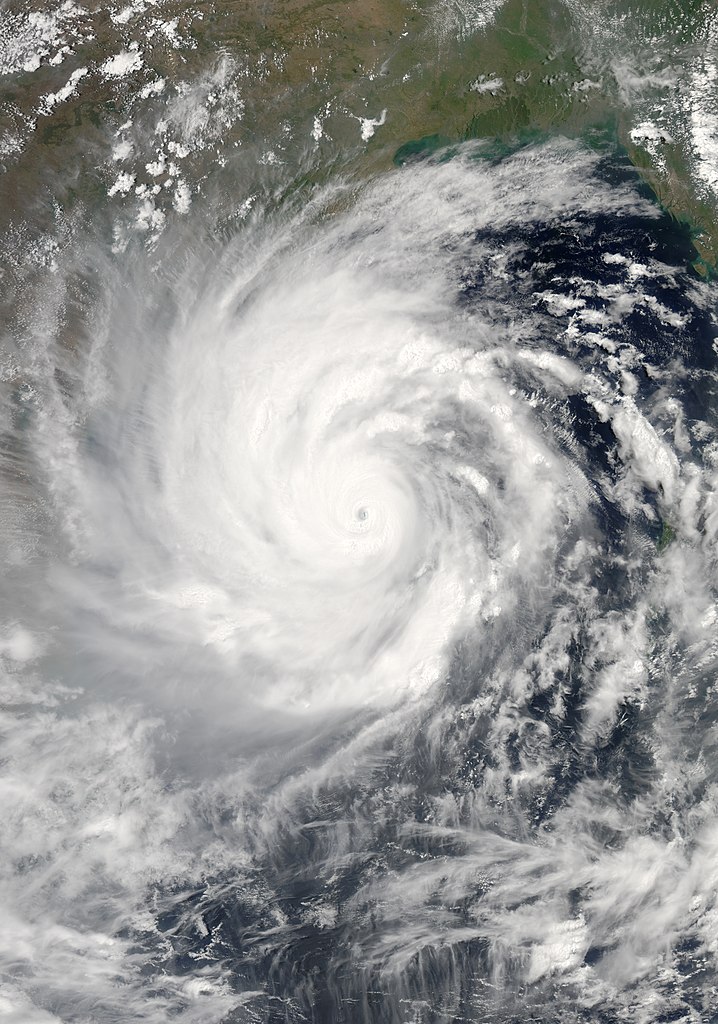 The north Indian Ocean accounts for only 6% of the global tropical cyclones annually but some of the most devastating cyclones have formed in this region, causing extensive damage to life and property. The north Indian Ocean accounts for only 6% of the global tropical cyclones annually but some of the most devastating cyclones have formed in this region, causing extensive damage to life and property.In this review article, we highlight the advancement in research in ocean-cyclone interactions and identify the gap areas where our understanding is still lacking. | |||
| Marine Heatwaves in the Indian Ocean and the Monsoon | |||
| Marine heatwaves have increased by up to four-fold in the tropical Indian Ocean, aided by rapid warming in the Indian Ocean and strong El Niños. Read more about our research on marine heatwaves and their impact on the monsoon. Detailed coverage of our research on marine heatwaves by DownToEarth, CSE. | |||
| Newspaper highlights on IPCC Sixth Assessment Report | |||
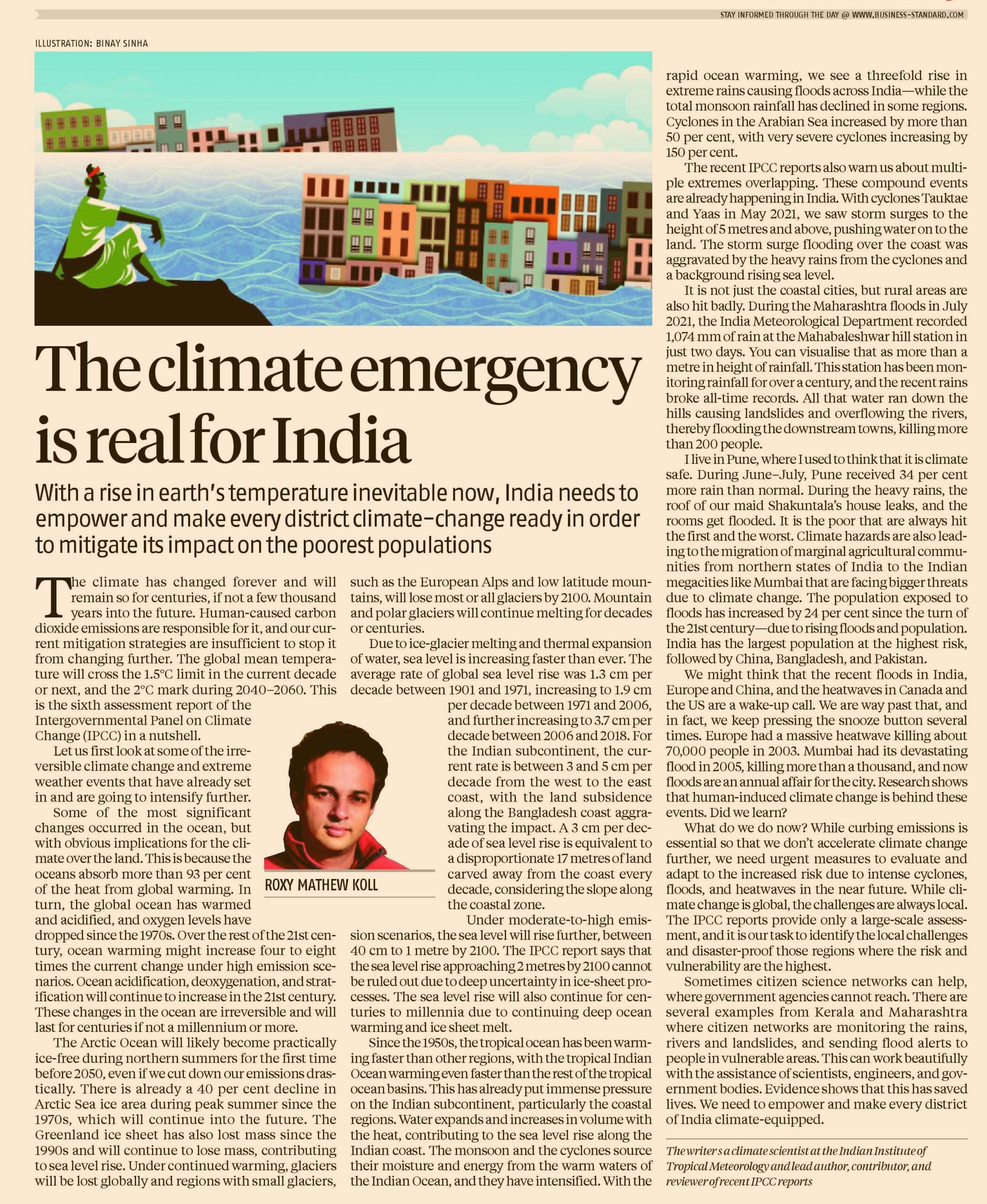
| |||
| Climate Research Lab, 2022 | |||
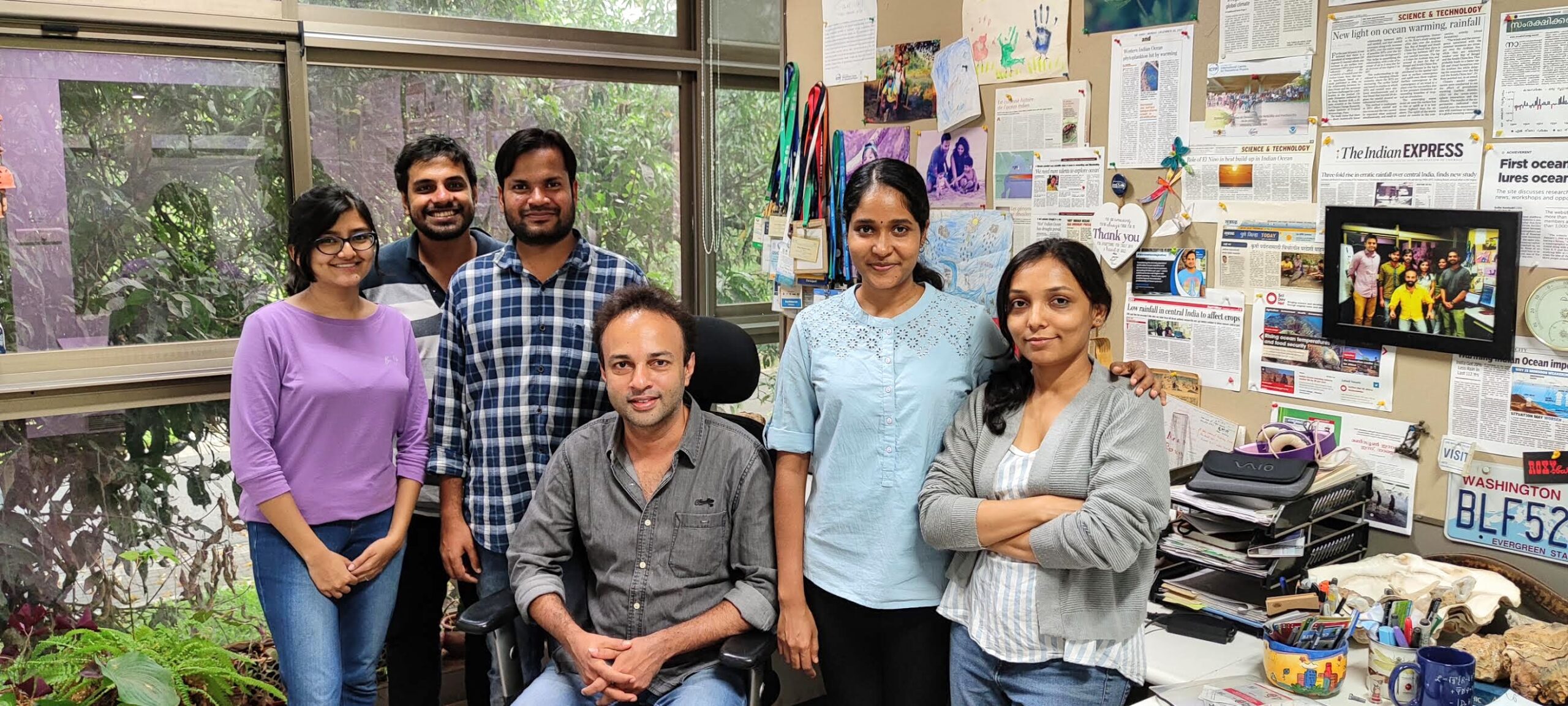
| |||

